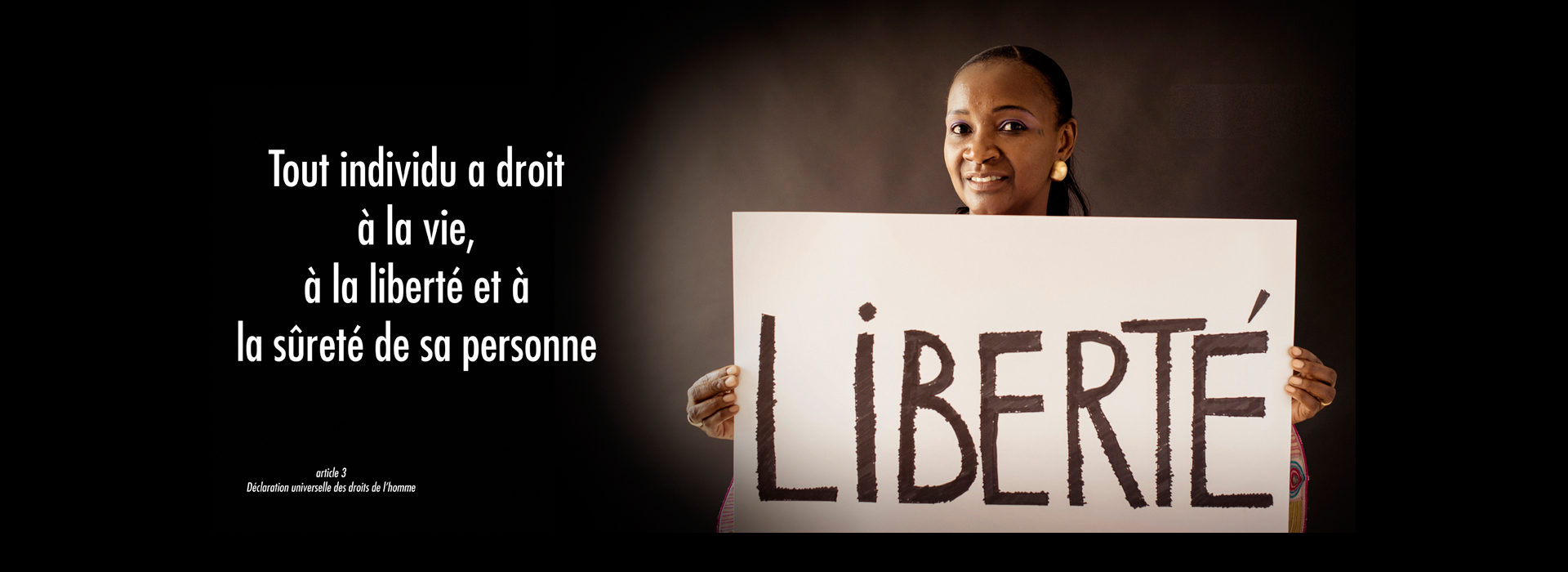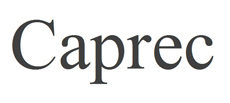A grand coalition is a government defined by the inclusion of two opposing parties which normally do not share the office. Overall, without the Dawes Plan, signed by Stresemann, Germany would not have been reliant on Americas loans, and the Stock Market Crash would have had less of an impact on Germanys economy. Although the New Deal coalition began to break up in the 1960s, the impact of the New Deal realignment has remained to the present, albeit in a diluted and revised form. Who through their own vengeful wishes took part in negotiations which allowed Hitler to become the Chancellor of Germany with him as vice chancellor? government was bound to collapse, the economic depression only sped up the process. increase in crime rates, political extremism and an increase in levels of poverty. There were 23 coalition cabinets between 1919 and 1930, and only six of them had actually Therefore, the depression, although not being a main cause, may have contributed to and For this reason, the fear of Communism wasnt the main reason for increased Nazi support because the party was able to establish itself in alliance with the views from the people. Hindenburg agreed to appoint Brning chancellor and to sign presidential emergency decrees (under Article 48 of the Constitution) when the government faced opposition in the Reichstag. [6][7], After the inconclusive result of the 2005 German federal election, neither of the traditional coalitions could form a majority government. Hindenburg dissolved the Reichstag in the summer of 1930 and again in the middle of 1932. In the election of 1930, the Nazis made their electoral breakthrough winning 107 deputies while the Communists won 77. 16.4 million shares were sold, a record not surpassed for forty years. Hitler's technique of using Nazi-controlled associations, clubs, and organizations to coordinate his revolutionary activities. @media only screen and (min-device-width : 320px) and (max-device-width : 480px) { This is also worsened by the fact that government knew that they lacked the funding to continue such policies, but did so anyway. In this, Papen made negotiations with Hitler to make a Nai-led coalition government, a plan devised to ensure Papens position of power within government. The fear of Communism certainly allowed the Nazi party to exploit deep-rooted fears, displaying themselves as saviours of the nation. Germanys constitution also had undemocratic elements, such as the ability to invoke Article 48, which was exploited regularly by anti-democratic individuals, such as Hindenburg and Bruning. Germanys economy. The 'Grand Coalition' Brning failed to secure Hindenburg's reappointment without an election in the spring of 1932, which would have equired a two-thirds majority vote in the Reichstag. This is supported by the fact that in 1930, he had 107 seats in the Reichstag, a strong majority that can exert influence in policies and laws. Who was Chancellor during the grand coalition? factors affected the stability of the Weimar Coalition. However, it can also be argued that the collapse of the Grand Coalition want mainly because of the Great Depression as government still decided to continue its welfare policies without increasing tax, a factor that couldve been controlled by government but wasnt. Nazi marches and rallies were a symbol of pure strength and unity, creating a community for its supporters. -Hitler's behaviour - refusal to accept vice chancellorship and repeated attacks against Von Papen. The collapse of the Grand Coalition in 1930 can be, factors, including the economic depression, Stresemann, constitution and the rise in support of extremist, not the economic depression, although it did impact, It could be argued that the economic depression, caused, cause of the collapse of the Grand Coalition and that, given to Germany through the Dawes Plan, which had, loans, and this demand caused a depression in Germany, unemployed people, as the traditional moderate parties. If Stresemann had implemented Employers and the bourgeois parties wanted to cut state support for the jobless; the SPD and the trade unions opposed this at a time when more and more workers were becoming dependent upon state support. Download The Marshall Cavendish Illustrated Encyclopedia of World War I - 11 PDF depression. easy for them to do this, and claim that it was due to disagreements within the Coalition. Therefore, the depression, although not being a main cause, may have contributed to and increased existing tensions. also led to around of German workers becoming unemployed, especially white collar Why did the Night of the Long Knives happen? before the Great Depression. This dispute ended with the breakup of the grand coalition in March 1930. Weimar Republic - Collapse 1929-1933. . The party with the larger share . The role of Hindenburgs inner circle in making Hitler chancellor can be further demonstrated in the fact that Hindenburg regarded Hitler with disdain, but due to his high value of his sons opinions, Oskar von Hindenburg. The meaning of the term may change due to the growth of some formerly minor parties in recent years.[3]. country, particularly industrially, as industrial production fell by 58%. prepared to continue to fight them. The influence of Hindenburgs inner circle, can be seen in Schleichers persuasion to trigger the downfall of Brunings government in 1932, appointing Papen in his place. Interest rates are 0.5%-- by Porter's argument, they should be -0.5% or 1.5%, since a 1% change is presumably just a drop in the ocean. The Republic faced many internal threats from Communists and right-wing extremists. This can be seen in Hitlers Appeal to the Nation speech in July 1932, in which he displayed charisma and strength. that the failings and loss of power experienced by the moderate Coalitions were certainly not His mass appeal was therefore vital to the success of the Nazis in winning votes further illustrating Hitlers competence as chancellor. Germany was highly dependent on these loans, and this demand caused a depression in Germany and led to high levels of unemployment. This is because Bruning displayed himself as an incapable leader who couldn't direct his coalition government into success, having only 5 laws passed by the Reichstag and 66 by decree. meant that democracy could, essentially, be undermined. This means that the collapse of the Grand Coalition in March 1930 was a result of internal . It was also left with the task of signing the unpopular Versailles Treaty. In this. How many times between 1930-32 did Bruning use Article 48 to pass emergency decrees? However, at the time, Germany, and Stresemann, had not had much of Grand coalition (German: Groe Koalition, pronounced [os koalitsion] (listen), shortened to: German: Groko, pronounced [oko] (listen)) is a term in German politics describing a governing coalition of the parties Christian Democratic Union (CDU) along with its sister party the Christian Social Union of Bavaria (CSU) and the Social Democratic Party (SPD),[1][2] since they have historically been the major parties in most state and federal elections since 1949. The Wall Street Crash, which was caused by the USA giving out loans that could not PArties ranged from the left and right of the political spectrum, indicating that each party will have opposing beliefs and approaches to crises. In my opinion, the most significant cause of the Coalitions collapse was A majority of Germans had voted for non-democratic parties. That said, it can be argued that the, collapse of the Grand Coalition was purely due to internal factors that couldve been handled, efficiently by the government itself. This was largely because Germany was heavily dependent on the loans provided by America and therefore when these loans were no longer available, social, economic and political affairs deteriorated. By refusing to increase taxation and maintain an expensive social welfare system, government was bound to collapse, the economic depression only sped up the process. Brainscape helps you realize your greatest personal and professional ambitions through strong habits and hyper-efficient studying. The coalition was unable to agree on what to do about the number of Many of the party images of . In the late 1920s and early 1930s, two out of five voters went to undemocratic parties, which was partly due to the depression, but also reflective of the fact that people felt that the moderate parties were not dealing with the problems the country faced. Large firms borrowed money and depended heavily on American loans. Leading officers of the army weary of the SA and its leader Ernst Rohm, In the late Article 48 allowed the President, under certain Subjects. Under Brning's chancellorship the government no longer functioned democratically. Hermann Mller, (born May 18, 1876, Mannheim, Ger.died March 20, 1931, Berlin), statesman and leader of the German Social Democratic Party (SPD) who was twice chancellor of coalition governments during the Weimar Republic. This can be seen in the continuance of social welfare policies and ideological differences within the coalition. They agreed that Hitler would become the chancellor of a government made up mainly of von Papens supporters. The desperation caused by this mass unemployment Hitler also thought Rohm's control over 4 million SA made him a strong rival, Political, economic and social condition of G, The Establishment of Democracy in West Germany, Government in America: Elections and Updates Edition, George C. Edwards III, Martin P. Wattenberg, Robert L. Lineberry. did not have as much of an impact as the depression, as without the Stock Market Crash, Such factors were outside Germanys control as the GD acted as a catalyst, to the already pre-existing long term issues in Germany. collapse, as it was only a solution to Germany. What was Brunings response to the depression? This means that the Great Depression created exceptional circumstances in which the public were no longer satisfied by democracy nor the government in place, turning their support for an extremist party which appeared to be coordinated and organised. The Grand Coalition lasted from June 1928 -March 1930, surviving much longer than its predecessors, as seen in the Gustav Bauer coalition which lasted one month -October 1923 -November 1923. On the 24th October, Black Thursday, there was panic selling on the New York Stock Exchange reacting to a business crisis in America. The consonant sounds of Slavic that did not have obvious correspondences have unique symbols without any obvious source in the Greek or Latin alphabets; they apparently derive from Glagolitic, which did have distinct letters for these sounds: ;/:, w/W, x/X, i/I, o/O. That said, it can be argued that these divisions were only brought forward by the economic depression because before this, government proved to be effectively fulfilling its functions. It can be argued that the reason for a rise of Nazi party support, because Hitler was able to exploit deep-rooted fears of Communism. Term in German politics about coalition between SPD and CDU/CSU, "Mgliche Koalitionen nach der Bundestagswahl 2021", "Brgerschaftswahl in Hamburg: Ist Schwarz das neue Grn? Moen and Tallman (1999) argued that the experience of the . [5], On 1 December 1966, the government was formed by the Social Democratic Party of Germany and the Christian Democratic Union of Germany, the two major political parties in the Federal Republic of Germany.

